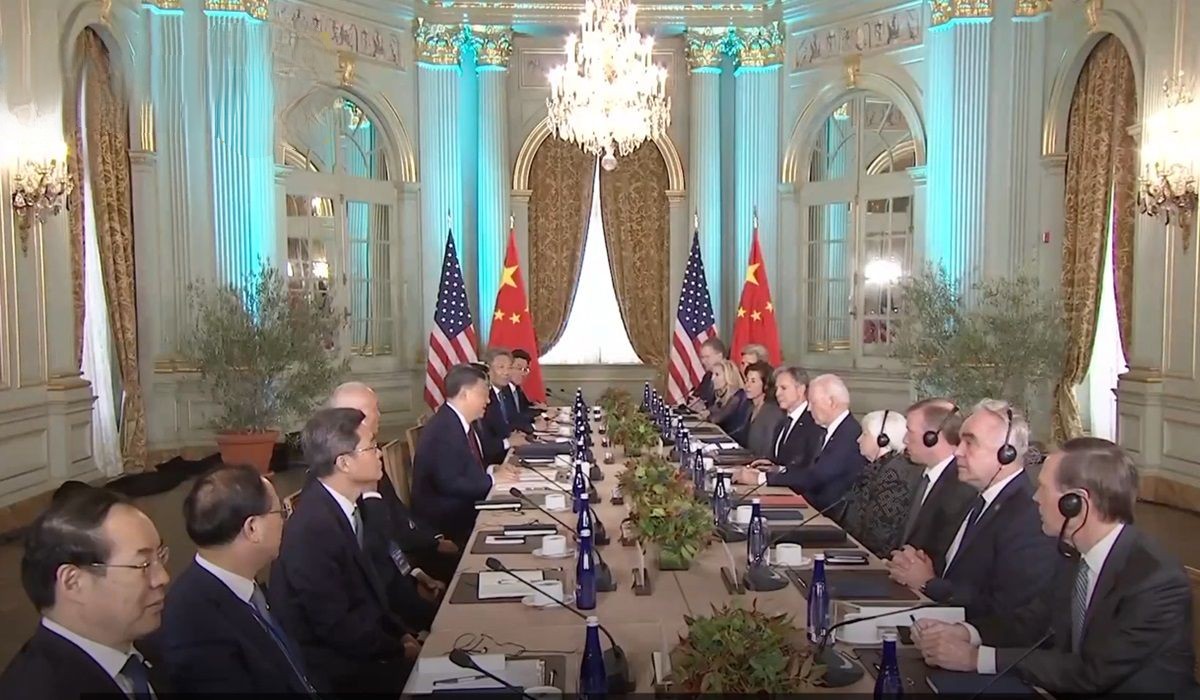In a significant diplomatic move, Chinese President Xi Jinping and U.S. President Joe Biden convened in San Francisco to address a myriad of issues affecting the relationship between the two global powers. The talks covered economic trade sanctions, simmering detentions, and the resumption of military discussions. Additionally, both leaders tackled the complex situation in the Middle East, exploring America’s role in the region.
The discussions are crucial, as the U.S. and China are entangled in economic disputes and geopolitical tensions. Despite being the two largest economies globally, the specter of strained relations looms large. According to the World Bank, the U.S. boasted a GDP of just under $25.5 trillion last year, while China’s stood at approximately $17.9 trillion. Forecasts suggest China could surpass the U.S. by 2024, underscoring the urgency of addressing contentious issues.
President Xi Jinping reiterated the importance of constructive dialogue between nations in his keynote address at the Asia-Pacific Economic Cooperation (APEC) Summit—a platform for leaders from major world economies to discuss economic cooperation and regional issues. Heads of major corporations were also present, providing an opportunity for candid discussions.
Behind closed doors, conversations that may not be publicly disclosed occurred, highlighting the complexity of diplomatic engagements. Hopefully, these discussions will foster a long-standing relationship between the two nations. The stakes are high, as any deterioration in relations could harm both countries’ economies and reduce global stability.
President Biden emphasized the significance of the China-U.S. relationship, acknowledging it as the most critical bilateral relationship globally. However, he acknowledged the challenges, pointing out that, at times, the relationship may not reflect its critical nature.
During the meeting, President Xi emphasized the impracticality of turning their backs on each other, asserting that it is unrealistic for either side to remodel the other. He underscored the potential consequences of conflict and confrontation, highlighting that such outcomes would be unbearable for both nations. Xi also clarified that China’s development is not aimed at surpassing or unseating the United States, urging the U.S. not to scheme to suppress and contain China.
While addressing pressing issues, the talks also reflect the delicate balance both nations must maintain to ensure global economic stability and political equilibrium. As the world watches, the hope remains that diplomatic efforts will prevail, steering the course of China-U.S. relations towards cooperation on shared interests rather than conflict and confrontation.









